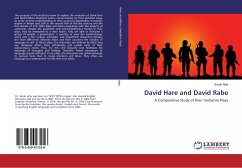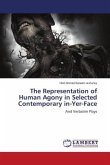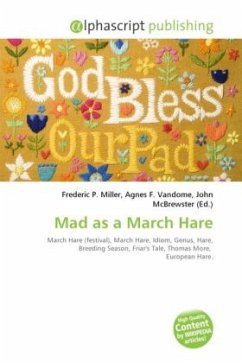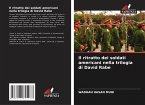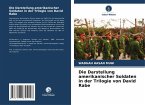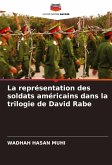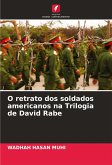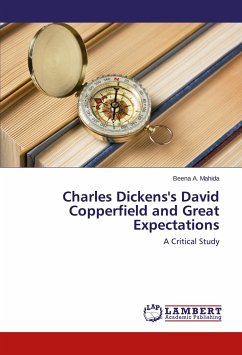The purpose of this study has been to explore the evolution of David Hare and David Rabe's theatrical works, concentrating on their verbatim plays, to arrive at some understanding of their success as playwrights of popular dissent in Britain and USA in the second half of the last century and the first decade of 21st. Both Rabe and Hare's popularity with the majority of audiences, despite the pessimistic and anti-establishment themes in their plays, may be attributed to a main factor; they are able to insinuate a group of people, a government, a country, or even the world-at-large using only a few unique, articulate, and empathetic characters. Perhaps the main difference between Rabe and Hare concerns the relation of language to self. In Hare's plays, the characters are defined by what they say. Language offers them self-identity and reveals most of their subconscious needs. Thus, for him, the linguistic tool facilitates the exchange of thoughts and feelings. However, Rabe's perception of language is quite different. In his plays, the characters use verbal exchange to conceal more than to reveal emotions and ideas. They often use language as a smokescreen to hide their true selves.
Bitte wählen Sie Ihr Anliegen aus.
Rechnungen
Retourenschein anfordern
Bestellstatus
Storno

